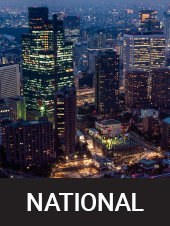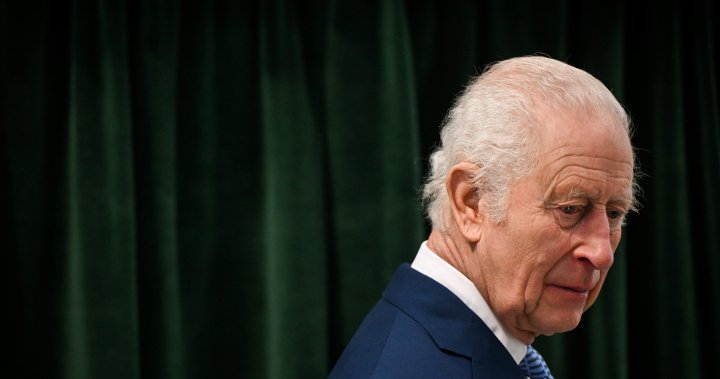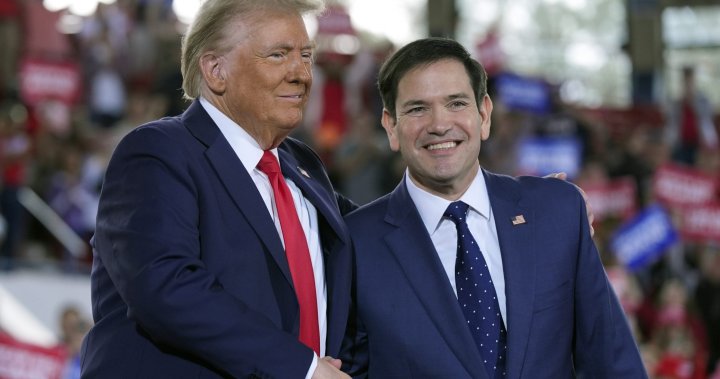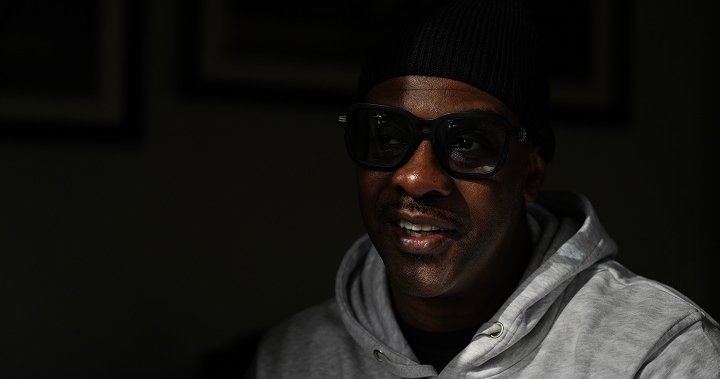Governance in Yukon’s second-largest municipality has been at a standstill since its newly elected mayor and council refused to pledge allegiance to King Charles during their swearing-in ceremony.
Stephen Johnson, the mayor-elect of Dawson City, said he and the four-member council refused to take Canada’s official oath to the monarch on Nov. 5 because of the Crown’s history with Indigenous populations.
He said council hasn’t been able to proceed with municipal duties and is eagerly waiting for the territory’s Department of Community Services to respond to its request to take an alternative to the Oath of Allegiance.
“We can’t do anything legally required of us under the Municipal Act … so we are sort of, kind of council, and I’m sort of, kind of the mayor,” Johnson said.
“It’s a bit of a sticky situation.”
Johnson said under the Yukon’s Municipal Act, elected officials are required to take the Oath of Allegiance and an oath of office.
The Oath of Allegiance requires newly elected councillors to swear or affirm they “will be faithful and bear true allegiance to His Majesty King Charles III” and his “heirs and successors according to law.”
The act says if a person elected to council fails to take the oaths within 40 days after the election, “their election shall be considered null and void and their office vacant.”

That means a deadline of around Dec. 10, said Johnson. He added that the territory has indicated it wants to avoid a byelection.

Get daily National news
Get the day’s top news, political, economic, and current affairs headlines, delivered to your inbox once a day.
The territory is reviewing council’s request to swear a different oath, a Community Services spokesperson said in an email. The spokesperson did not respond to questions about how the review is progressing and when it would be complete.
Johnson said he and three other councillors refused to take the oath in solidarity with a fourth councillor, Darwyn Lynn, who expressed hesitancy on the morning of their investiture ceremony.
Johnson said Lynn is a member of the Tr’ondek Hwech’in First Nation, on whose traditional land Dawson is located.
Lynn expressed that he wasn’t comfortable pledging allegiance to the Crown due to its history with Indigenous Peoples, said Johnson, and the council decided to support him. Lynn did not respond to requests for comment.
“This is being done with no disrespect to His Majesty King Charles. And also we’re not doing this to go, ‘Rah, rah, look at us,’ to poke everybody across Canada, to get rid of the Crown,” Johnson said.
“It was just something we wanted to do together to show solidarity in what we do here in this town.”

Yukon’s Bureau of Statistics says Dawson City has a population of almost 2,400. The community’s website describes it as the heart of the world-famous Klondike Gold Rush that began in 1896.
“News spread like wildfire of a land where ‘nuggets could be picked off the creek floor’ to a recession suffering world and caused an unprecedented stampede of an estimated 100,000 people to set out to the Klondike,” the website says.
The Tr’ondek Hwech’in First Nation says on its website that miners displaced its community.
This is not the first time Canada’s leaders have questioned the Oath of Allegiance.
In April, members of Parliament voted to kill a bill introduced by a private member in New Brunswick that would have allowed parliamentarians to opt out of swearing the oath.
The House of Commons says on its website that the oath affirms “allegiance to the institutions the Sovereign represents, including the concept of democracy.”
“Thus, members are making a pledge to conduct themselves in the best interests of the country. The oath or solemn affirmation reminds members of the serious obligations and responsibilities they are assuming.”
This report by The Canadian Press was first published Nov. 20, 2024.
— By Fakiha Baig in Edmonton
© 2024 The Canadian Press





